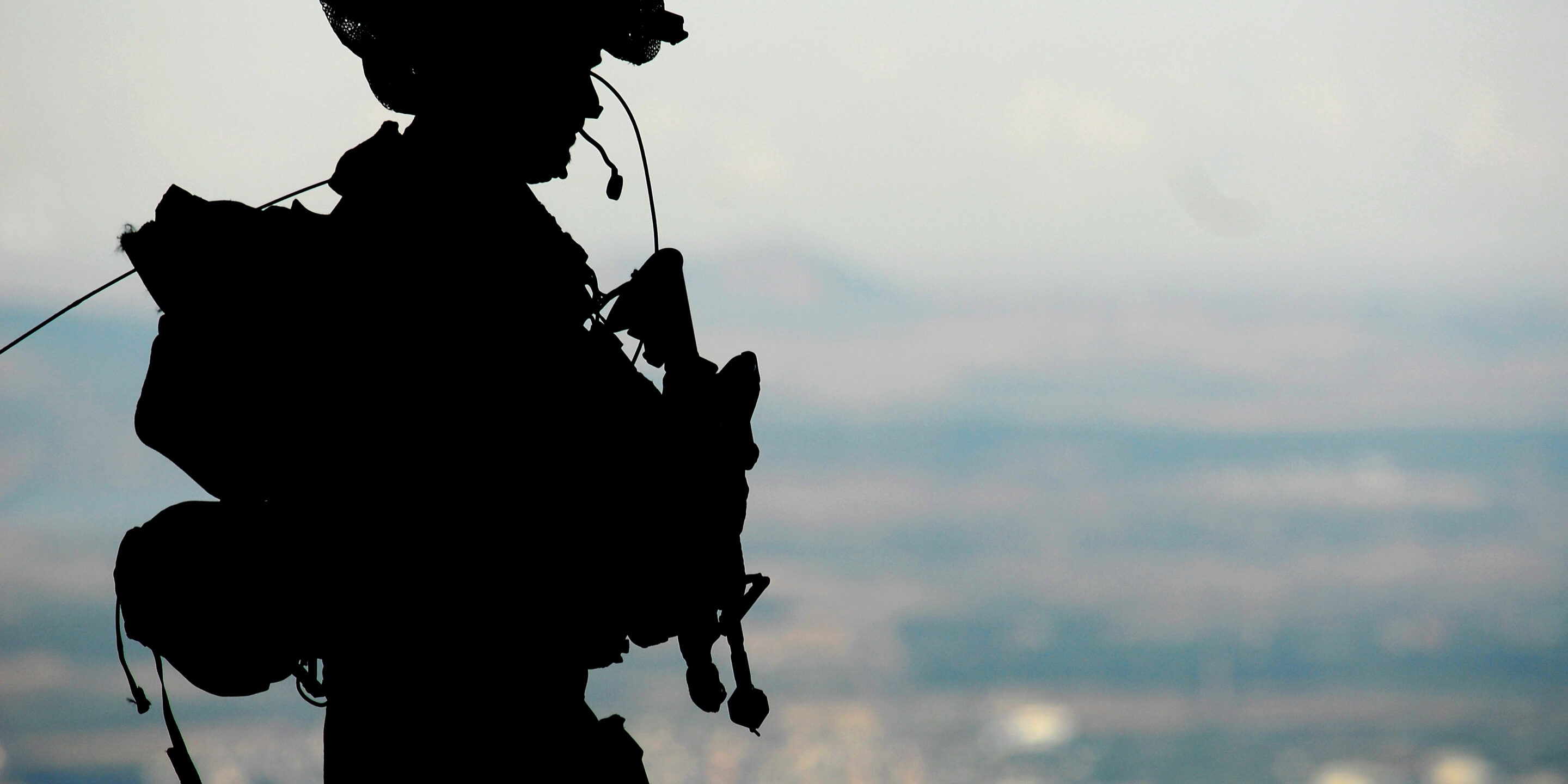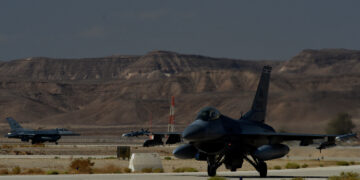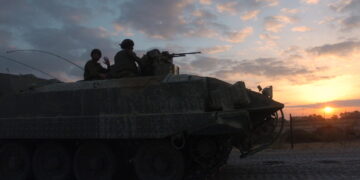August 1, 2024
Hamas leader Ismail Haniyeh was killed in Iran. What happens next?
By Rajan Menon and Daniel DePetris

Although Israel has not claimed formal responsibility, it’s widely believed that it launched the operation that killed the leader of Hamas’s political wing, Ismail Haniyeh. The fact that Haniyeh was targeted wasn’t a surprise; he had been on Israel’s radar for decades and was almost killed by an Israeli strike in 2003. The surprise was that Israel reportedly targeted Haniyeh in Tehran, hours after he attended the inauguration ceremony of Iran’s new president, Masoud Pezeshkian.
In the hours since, there has been much speculation about the wider consequence of Haniyeh’s slaying. Many observers foresee a war that expands beyond Gaza, which Israel has been attacking since Oct. 7 with the declared aim of destroying Hamas after it launched an audacious attack inside Israel that killed 1,200 people and led to more than 250 being taken hostage (to date, more than 39,400 people have been killed in Gaza, according to health officials there).
The Biden administration is likely planning for the worst, with some U.S. officials expressing concern that Israel’s assassination of Haniyeh could undermine ongoing cease-fire talks and cause the region’s other flashpoints—the Israel-Lebanon border region, for one—to explode.
For Iran, the killing of Haniyeh is, at the very least, a big embarrassment and demonstrated yet again the Iranian security services’ ineptness at securing high-profile people. Haniyeh was a frequent traveler to Tehran, meeting with Supreme Leader Ayatollah Ali Khamenei four times since November. But on this particular occasion he was a formal dignitary at Pezeshkian’s inauguration ceremony and an official guest of the Islamic Republic. The fact that, according to The New York Times, the Israelis were able, undetected, to kill Haniyeh by planting a bomb in a room of a guesthouse that he was known to stay at—and that the Islamic Revolutionary Guards Corps had the responsibility of securing—means that the slip-ups exposed years ago when a top Iranian nuclear scientist was killed in another Israeli operation remain unresolved.
So, what next?
More on Middle East

By Jennifer Kavanagh and Dan Caldwell
July 9, 2025

Featuring Rosemary Kelanic and Jennifer Kavanagh
June 30, 2025
Events on Israel-Hamas








